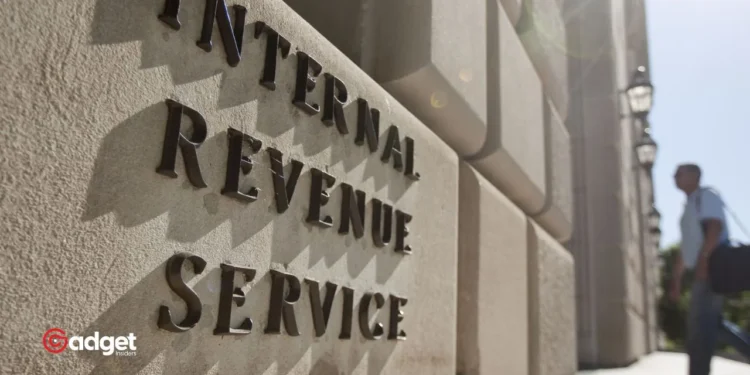In a recent crackdown on false tax return filings, the Internal Revenue Service (IRS) has issued a stern warning to taxpayers. Thousands could face severe penalties, including jail time, for submitting inaccurate claims to secure inflated refunds. This development follows a surge in tax scams and dubious advice circulating on social media, leading many to file erroneous claims.

The Pitfalls of Misguided Tax Filings
The IRS’s Tuesday alert highlighted the common missteps taxpayers make, often misled by scam artists and misleading online posts. Most errors stem from claims for tax credits like the Fuel Tax Credit and the Sick and Family Leave Credit, for which many filers do not legitimately qualify. The consequences of such actions are not trivial—ranging from delayed refunds to additional scrutiny, and in severe cases, financial penalties or up to three years in prison.
A Closer Look at Common Misfiled Claims
Taxpayers, especially those enticed by the promise of substantial refunds, often fall into the trap of claiming credits erroneously. For instance, the Fuel Tax Credit, intended for specific business uses like farming or off-highway business operations, is frequently claimed by those without a valid business purpose. Similarly, the Sick and Family Leave Credit, relevant only to certain years and specific employment statuses, has also been misused, with filers incorrectly utilizing Form 7202 for claims no longer applicable.

Guidance from Tax Experts
“Scam artists constantly prey on people’s hopes and try to use the complexity of the tax system to convince people there are secret ways to get a big refund,”
IRS Commissioner Danny Werfel explained. Both experts agree that relying on reputable tax preparers and shunning questionable advice from unreliable sources are key to avoiding legal troubles.
“Be wary of trendy tax credits popularized on social media, which often do not apply to their personal tax situations.”
Instead, adhering to the guidance provided by trusted tax professionals or established tax preparation software is advisable.
IRS Urges Consultation for Inaccurate Tax Returns
If you suspect that your tax return may contain inaccuracies, it is crucial to consult with a legitimate tax adviser. They can assist in determining whether filing an amended return is necessary to rectify any ineligible claims. The IRS typically begins by freezing refunds for questionable filings, subsequently requesting additional information to verify the claims.
For those who legitimately qualify for the claimed credits, submitting the required documentation can rectify the situation and secure their refunds. However, failing to amend erroneous returns could result in hefty fines—up to $5,000 per return.

As the tax season progresses, the IRS’s message is clear: accuracy is paramount. By steering clear of dubious tax advice and ensuring the correctness of their filings, taxpayers can avoid the pitfalls of unnecessary financial and legal consequences.









